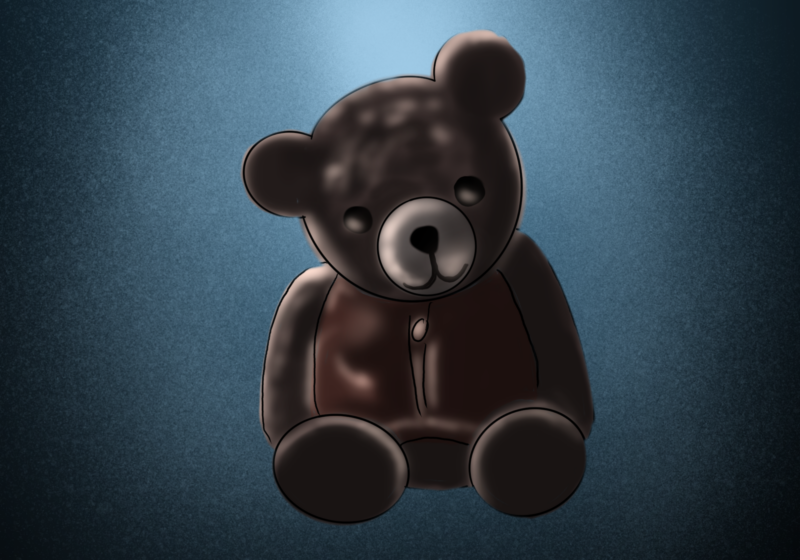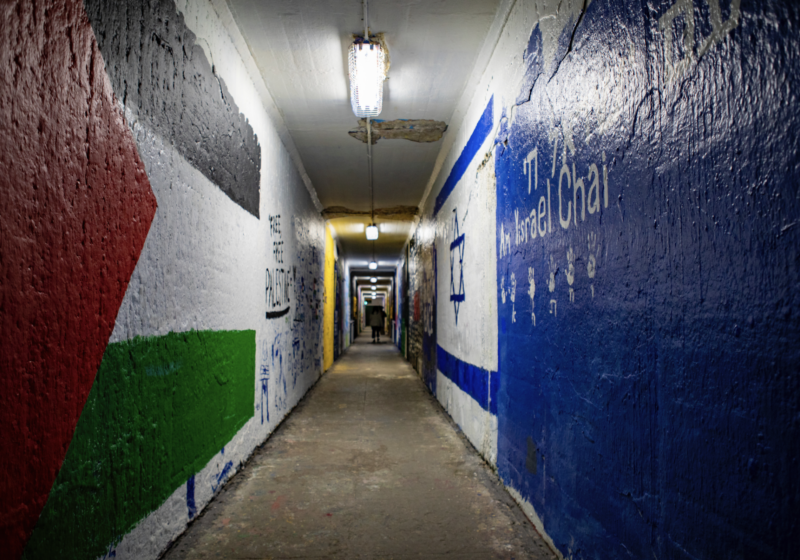As an extension of the Clinical and Social Sciences Department, the Mount Hope Family Center assists families who are experiencing dysfunction. The Center works with both the parents and the child affected in order to prevent further maltreatment. In particular, those stricken with destitution, are victims of violence, or suffer from alcohol or drug addiction have sought and received relief.
“Many patients are referred to us from organizations such as the Child Protective Service,” Director of Development Elizabeth Zogby said. Additionally, the Center acts in coordination with the Preventive Unit of the Monroe County Department of Human Services, and offers several programs to those in need. Patients requiring improvements in family relationships may be recommended for parent-child psychotherapy.
Other treatments are directed toward only children in order to evaluate their ability to function in differing situations. Further care includes an after school program for at-risk children as well as a summer camp. Both programs focus on improvements in self-esteem as well as positive interaction with other children. For other situations, the Center provides child therapy, Interpersonal Psychotherapy intervention for mothers and children who are depressed, Foster Family treatment, and classes on parenting.
In its 27th year, the Center has treated many families suffering from child maltreatment and mental disorders through their programs and research. By helping to prevent further damages from occurring and intervening when necessary, the staff has ensured the health and safety of many clients. The Center strives to assist families in parenting, resolving conflict, coping with stress, and creating constructive relationships between parents and children. In analyzing the opportunities they present, researchers have secured that their programs offer a positive impact both immediately and in the long-term to patients.
Beyond care for those in need, the Center also investigates the psychopathology of adults and children, especially those who have been ill-treated. With a focus on the processes involved in normal and abnormal development, researchers are attempting to clarify the causes of poor adaptation and psychopathology. Research is being performed on the treatments offered as well as the repercussions felt by children who have been mistreated. Of interest also, is the development of children raised by manic-depressive or depressed parents.Originally, the Mount Hope Family Center was located near the River Campus on Mount Hope Avenue. However, in 1986, it moved to its current location in Rochester’s Corn Hill neighborhood. As an independent unit of the College of Arts and Sciences, the Center includes faculty separate from the University. Additionally, UR does not provide any direct funding. Despite this, the Center does maintain a relationship with the University.
“The Center is a training resource for undergraduate and graduate students,” explains Zogby. Graduate students contribute to the treatment programs and research. Counselors for the after school program are undergraduate students, employed part-time during the academic year. Likewise, students assist during the summer camp.
Beyond students, the staff of the Mount Hope Family Center is comprised of about 80 professionals. The faculty includes doctorate level persons, social workers, research assistants, information analysts and administrative workers.
Funding for the Mount Hope Family Center is supplied chiefly through grants, gifts and contracts. In cases of intervention, support is received from the Monroe County Department of Human Services.
Other foundations assisting monetarily include the United Way of Greater Rochester, as well as private organizations giving grants and donations to the Center’s Annual Campaign.
More recently, the Halcyon Hill Foundation, the Women’s Foundation, the Daisy Marquis Jones Foundation, the McGowan Charitable Fund and the Marie C. and Joseph C. Wilson Foundation have all provided financial backing. Research initiatives are aided through grants by the National Institutes of Health, the Office of Child Abuse and Neglect and other private associations.
Schwartz is a member of
the class of 2009.





